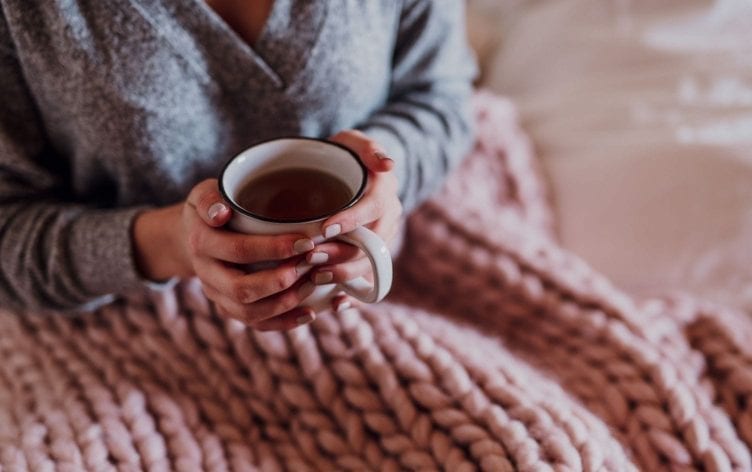
Will These 5 Folk Remedies Really Help You Sleep?
If you routinely turn out the lights, crawl into bed and end up tossing and turning or staring at the ceiling, you might be willing to try almost anything to help you drift into dreamland, but some remedies work better than others.
Insomnia is a common problem. An estimated 30% of adults experience periodic bouts of sleeplessness, according to the American Sleep Association. Its prevalence — and associated health risks, which range from high blood pressure and heart disease to diabetes and obesity — are among the reasons possible “cures” are abundant. But, do natural approaches like counting sheep even work? Experts weigh in on the science behind five common folk remedies.
A POT OF TEA
Brewing a mug of herbal tea before bed could ease insomnia. Numerous studies have examined the impact of chamomile tea on sleep, including research published in the Journal of Advanced Nursing that found women who drank chamomile tea daily for two weeks slept better than their non-tea drinking counterparts.
Aside from the potential sleep-inducing qualities of chamomile, Katherine Rasmussen, ND, director of behavioral sleep medicine at the Centre for Sleep & Human Performance in Calgary, Alberta, notes “It can serve as a cue to power down and prime your body to enter a sleep state.”
Pro tip: Turn on the kettle about an hour before bed and let the warm liquid soothe you into sleep.
A HOT BATH
Soaking in a hot bath is an ideal bedtime ritual. A 2019 study found warm baths and showers improved sleep. Co-author Shahab Haghayegh, a PhD candidate at the University of Texas at Austin, believes warm water stimulates your thermoregulatory system, decreasing your core temperature and signaling it’s time for bed.
“Baths aid in the natural circadian processes and increase your chances of not only falling asleep more quickly but getting a better sleep,” he says.
In ayurveda, washing your feet before bed is said to help with sleep due to the same principles.
Pro tip: For maximum benefit, Haghayegh suggests scheduling a hot bath or shower (or washing your feet in warm water) 1–2 hours before bed and immersing yourself in the water for at least 10 minutes.
COUNTING SHEEP
Imagining a long line of fluffy sheep hopping over a fence might seem like a form of meditation, but the repetitive visualization does not appear to work. One study found that those with insomnia who counted sheep took longer to fall asleep than those who imagined tranquil scenes.
Counting sheep might not work but Rasmussen “highly recommends” other forms of meditation, including apps, to help you combat insomnia. New research showed mindfulness meditation was associated with longer sleep duration and increased sleep quality.
Pro tip: “Meditation decreases arousal that may be keeping you awake,” she says.
LAVENDER
Putting a lavender sachet under your pillow or adding a few drops of essential oil to your pillowcase might do more than add a fresh fragrance to the bedroom. Researchers at the University of Minnesota found lavender improved sleep — and Rasmussen admits the pretty perennial has a long history of use as a herbal medicine — but data on its effectiveness is sparse.
Rasmussen does, however, believe essential oils are less effective than medication and cognitive behavioral therapy for treating insomnia. “We just don’t have a lot of empirical evidence,” she says.
Pro tip: There’s no harm in putting a sachet under the pillow.
MELATONIN
Several studies have found positive associations, including research that showed those who took melatonin fell asleep seven minutes faster than those given a placebo — but avoid taking too much. The amount of melatonin varies widely between products. The Council for Responsible Nutrition, a trade group representing the supplement industry, recommends doses below 10 milligrams.
Pro tip: Rasmussen suggests purchasing melatonin from doctors or pharmacists who have vetted the brands.
THE BOTTOM LINE
Some folk remedies can be successful for addressing sleeplessness, but it’s best to see a sleep doctor if you have chronic insomnia.





